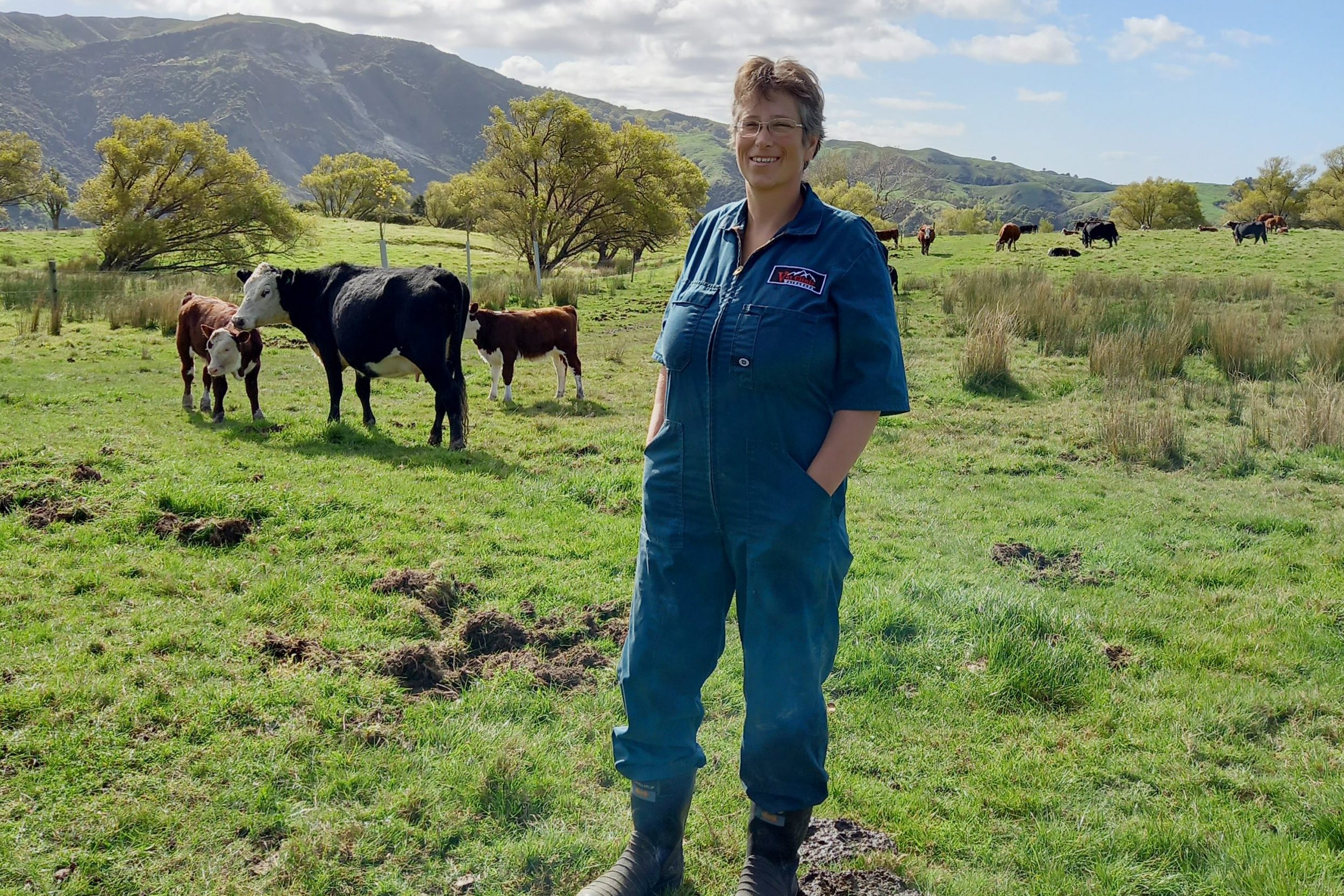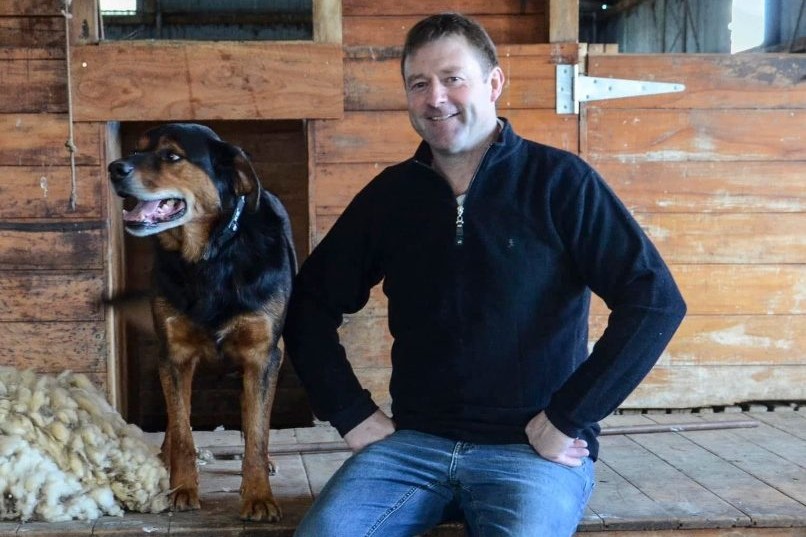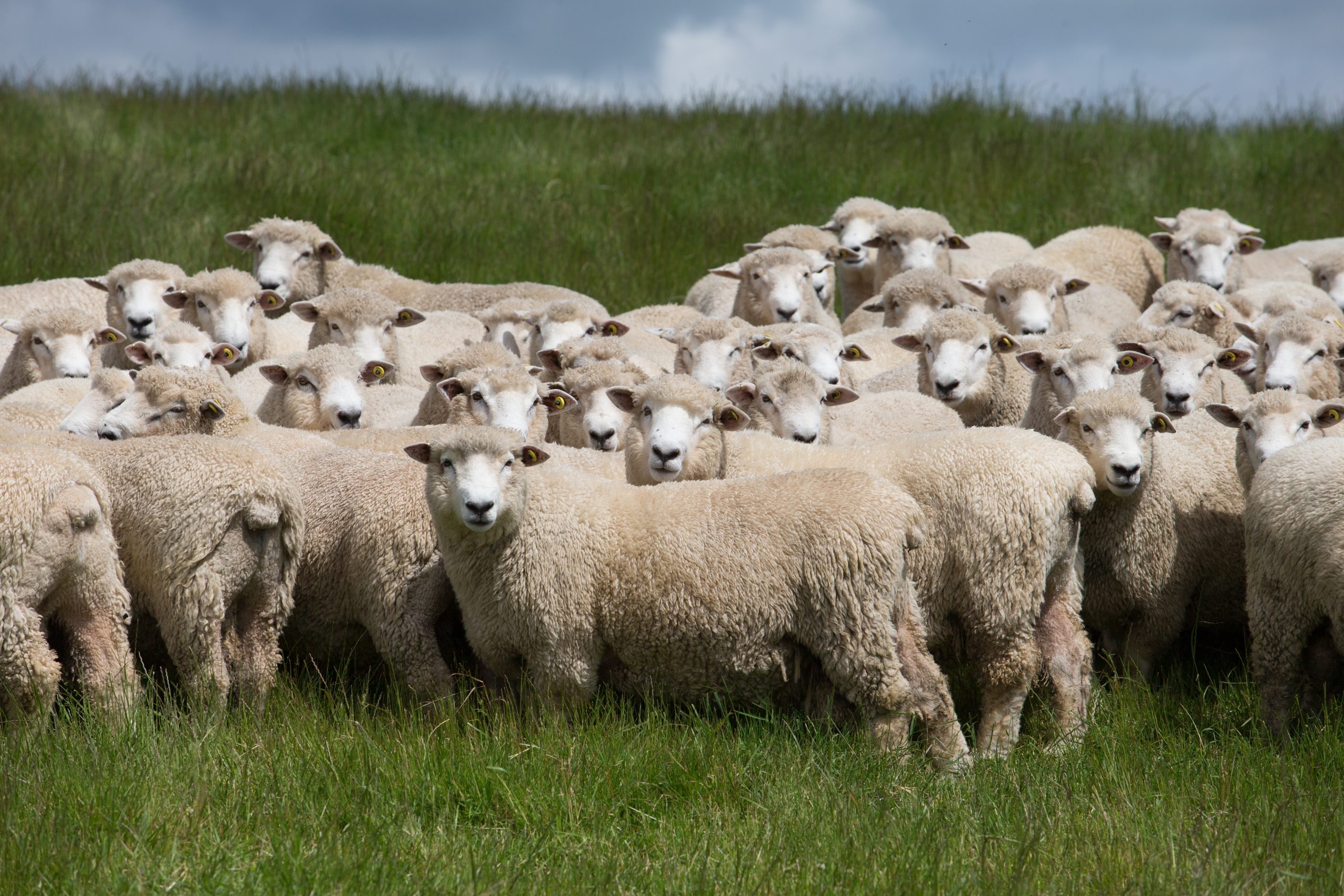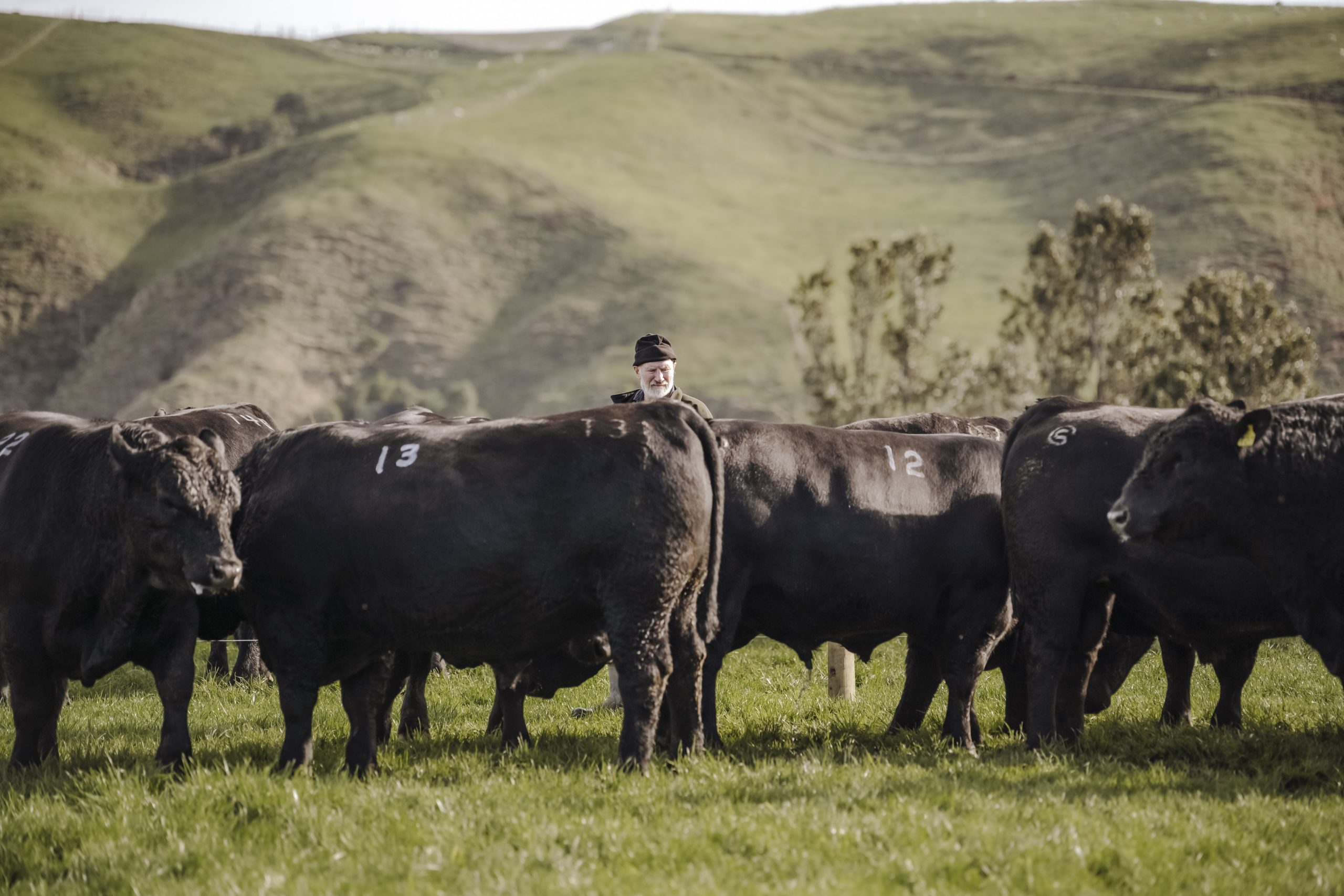Focus on timeless principles
Selection towards facial eczema tolerance must be the number one success story of the New Zealand sheep industry, Peter Andrew writes.
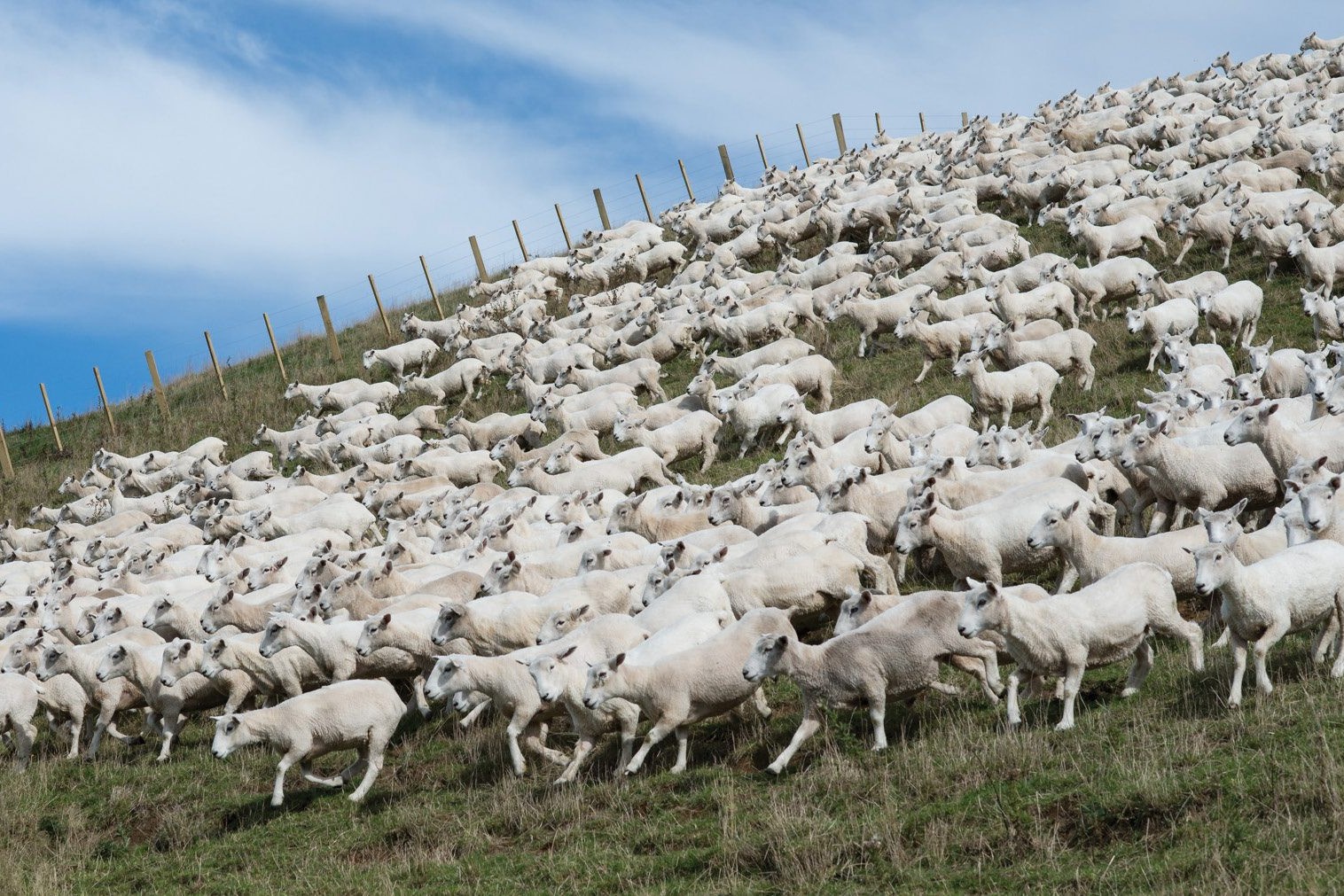
Selection towards facial eczema tolerance must be the number one success story of the New Zealand sheep industry, Peter Andrew writes.
A few years back, in the Gisborne and Wairoa districts the sheep were pretty much an icon of our hinterland, condemned to the higher and cooler parts of the region. There, they consistently and effortlessly pumped out our district’s best docking results.
Meanwhile down in the lowland front country, the presence of facial eczema was a nightmare for many of the farmers of this district, let alone for the poor sheep.
It was an annual curse that eroded not only the liver but also the farmers’ attempt to build a great ewe flock.
Then in the 1980s it all changed, a group of local stud sheep farmers in conjunction with their northern colleagues started the long process for selecting FE-tolerant sheep. The process ended with the creation of the FE Gold rams, a bullet-proof survivor to take our sheep flocks into the future.
Now our front country farmer can comfortably dock (tail) more than 150% annually with no FE symptoms and no cost of control. In fact, this lowland zone also has great lamb survival, and they will be the first farmers in this district to push through towards the 180% benchmark in the next few years.
No longer will our lowland ewes suffer the embarrassment of half their face peeling off each autumn. A very ugly look just when you are trying to impress a ram who has plenty of choice.
Isn’t it just amazing how impressive and powerful genetic selection can be? Quite a contrast to the textbooks from Lincoln that seemed preoccupied with the family tree of a mouse family.
Everyone was a winner from the process with the annual benefit to the region now being worth many millions of dollars. This selection process towards FE tolerance must be the number one success story of the New Zealand sheep industry. A combination of research and farmer persistence providing healthy and sustainable solutions.
Back then the challenge was to build robust sheep that could not only handle a winter storm but a fungal storm. What new storm will our sheep have to survive in future?
The Government wants us to stop the planet from warming up, but this challenge is a little ambitious. History would tell us we are better to pour our effort into challenges inside the farm gate. History would also tell us producing more from less is timeless.
Are we still all committed and passionate about our sheep industry and our future as farmers as we were back in the 80s? A massive, yes. The Groundswell turnout showed we are all on the same waka. We may be spread for miles all over the motu, but we are all deeply passionate and driven about our industry. What is also encouraging is the large number of young professional people who continue to join our sheep and beef team.
Looking at the way the team of five million is spending right now we are going to need every trick in the book to improve on farm production and efficiency.
Farmers need to get on and drive that change as it is in our best interests. This is where the farmer discussion groups kick in as we also know that nothing is so powerful as pooled experience. It is also a timeless principle.
The recent RMPP Action Network model provided us with a taste of the power of putting motivated farmers in the same room as a passionate scientist. This is where magic happens.
So, what is our next odyssey to produce a bullet proof survivor?
Is it:- Sheep that don’t need drenching? There is an annual drench cost, lost production and resistance worms will win in the end. Like Covid-19 they will use genetic variation to survive.
Imagine if we could get rid of the need to drench and all associated costs.
Like FE we know you can make genetic progress as it is heritable, and we can make genetic gain.
We also know that we have some futuristic breeders who are well down that track. We all need to champion and support these breeders who are doing the hard yards down a long and sometimes lonely track.
Imagine if every sheep stud in NZ put away their drench gun. So, the survivors were allowed to perform. Like the FE process we would have to buy some less-impressive looking rams knowing they were the survivors.
We know 80% of the flocks’ genetics are contributed by the ram breeders and this is where the real progress will come from.
There are other potentials such as:
- What about chasing short tailed sheep and the need to dock?
- What about chasing clean sheep, so we don’t have to dag?
- What about chasing clean points, so shearing is easier?
- Genetics is a very powerful tool. We just need to continue to aim it in the right direction.
- In these times of change it is important to focus on those timeless principles: working together, pooling experience, focus inside the farm gate, more from less and having fun.
- It has been the adoption of these principles and a make-it-happen attitude that has put the sheep industry in the strong and healthy position it sits in today.
Peter Andrew is a farm consultant with AgFirst in Gisborne

